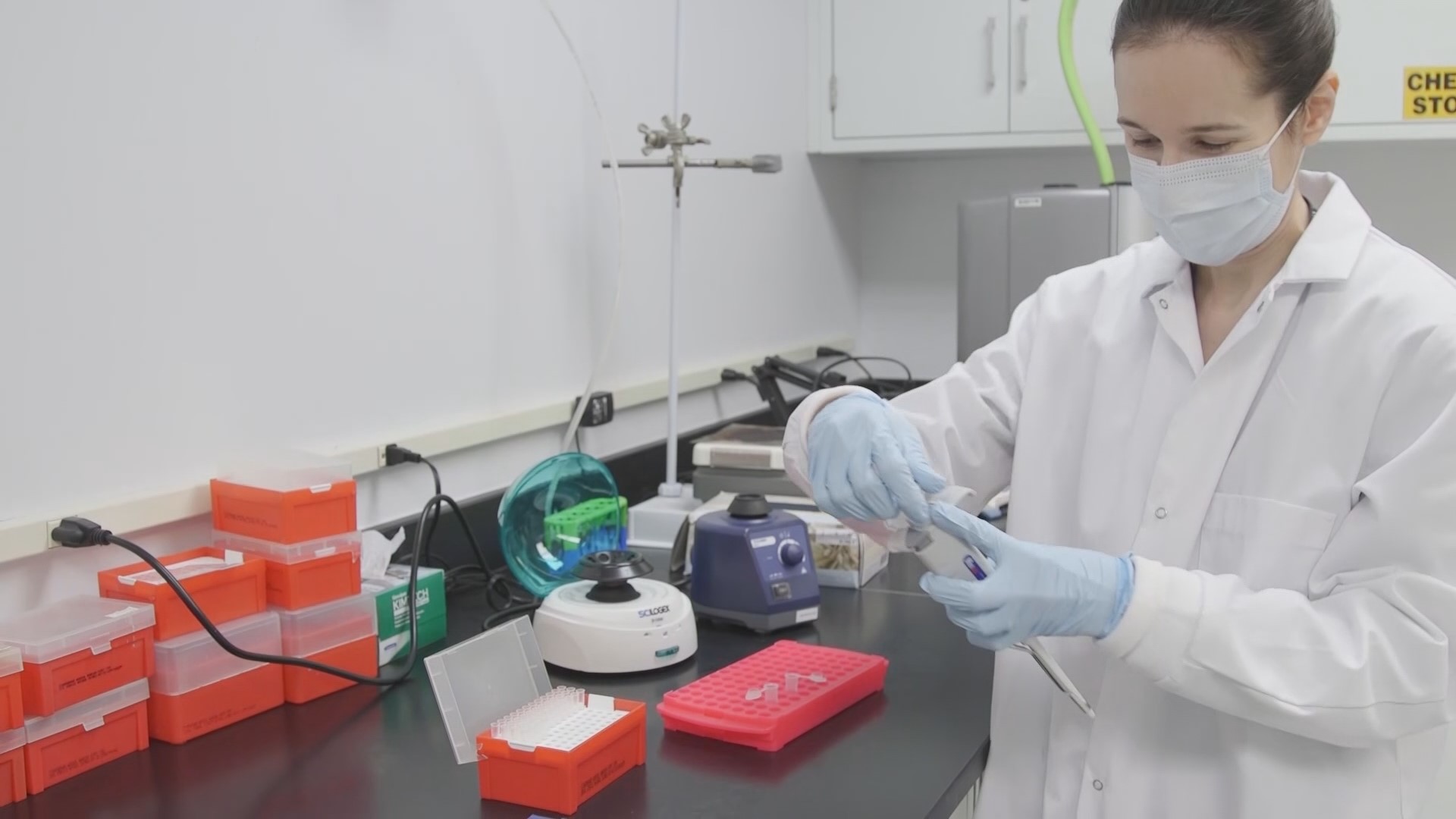Lindenwood University’s College of Science, Technology, and Health sets students up for success in a variety of ways through hands on experiential learning opportunities. Specifically, their chemistry programs with an emphasis on forensic science and the criminology and criminal justice programs.
These programs leverage experienced faculty currently working in the field, who can bring real crime lab work and stories to the classroom.
“I had a number of years working in the detective bureau and so I put together assignments based on some actual real events that I’ve done in past. Then we walk through that with the students as a part of the class. It works out pretty well for the student because I think they sincerely appreciate the opportunities and that aspect,” Associate Professor of Criminology and Criminal Justice Darren Marhanka said.
Students within the program are able to gain exposure to different types of cases, projects, and scenarios in the criminology and criminal justice fields.
“A big part of what we do, and bringing that to the classroom, is through some of the labs that we perform in the class and just the practical experience, not only that I bring but my background and knowledge in teaching, hopefully that brings to life the field of forensic science,” said Bryan Hampton, Lindenwood adjunct instructor and St. Charles Criminalistics Laboratory Division Director.
The program focuses on the broad perspective of what students encounter within the criminal justice system. Students are not just learning about law enforcement, but they look at other areas as well, including corrections and the court room proceedings. What is being taught in the classrooms directly relates and applies to what students will use in the field.
“Being able to take all the chemistry that I’ve learned throughout the years and apply it to actual practices was very important to me because I know that just learning about chemistry, yes it will get me very far but, being able to actually apply that to what I want to do for the rest of my life was very awesome to see,” Senior Forensic Chemistry Student and criminalistics laboratory Intern Amber Fregalette said.
Students in these programs are also given the opportunities to participate in internships within the lab to help further their learning.
“At the crime lab, I shadowed everyone in the lab, so I’ve seen everything from firearms, to biology to chemistry. And while I am a chemistry major, I do spend most of my time with the chemists so getting to see how she processes evidence, drugs seized from a crime, and getting to see how exactly we use our science and how I can apply my science to an actual profession and how I can use that in a crime lab,” Fregalette said.
Something unique to Lindenwood and their criminal justice program is their partnership with the St. Louis County Police Academy. Criminology and criminal justice students in their last semester can choose to attend the police academy for academic credits. Lindenwood even provides students with an academy preparatory class.
“This is the place to go, cause even the process, if you’re on a route to get into the St. Louis Police Academy that’s fine, but it could take you anywhere from six months to a year plus, but being with Lindenwood University, they have a program with the St. Louis County Police Academy. It fast tracked me to get into the academy and also, I was able to get hired in the academy, so not only was I getting credits for being there I was also getting paid, and I already had a job before I left [Lindenwood], so it is amazing. Why would you not,” Lindenwood Alumnus and St. Louis County Police Officer and Lindenwood Hunter Troutman reflected.
To learn more about Lindenwood’s Chemistry with Forensic Science and Criminology and Criminal Justice programs, visit the College of Science, Technology, and Health.

